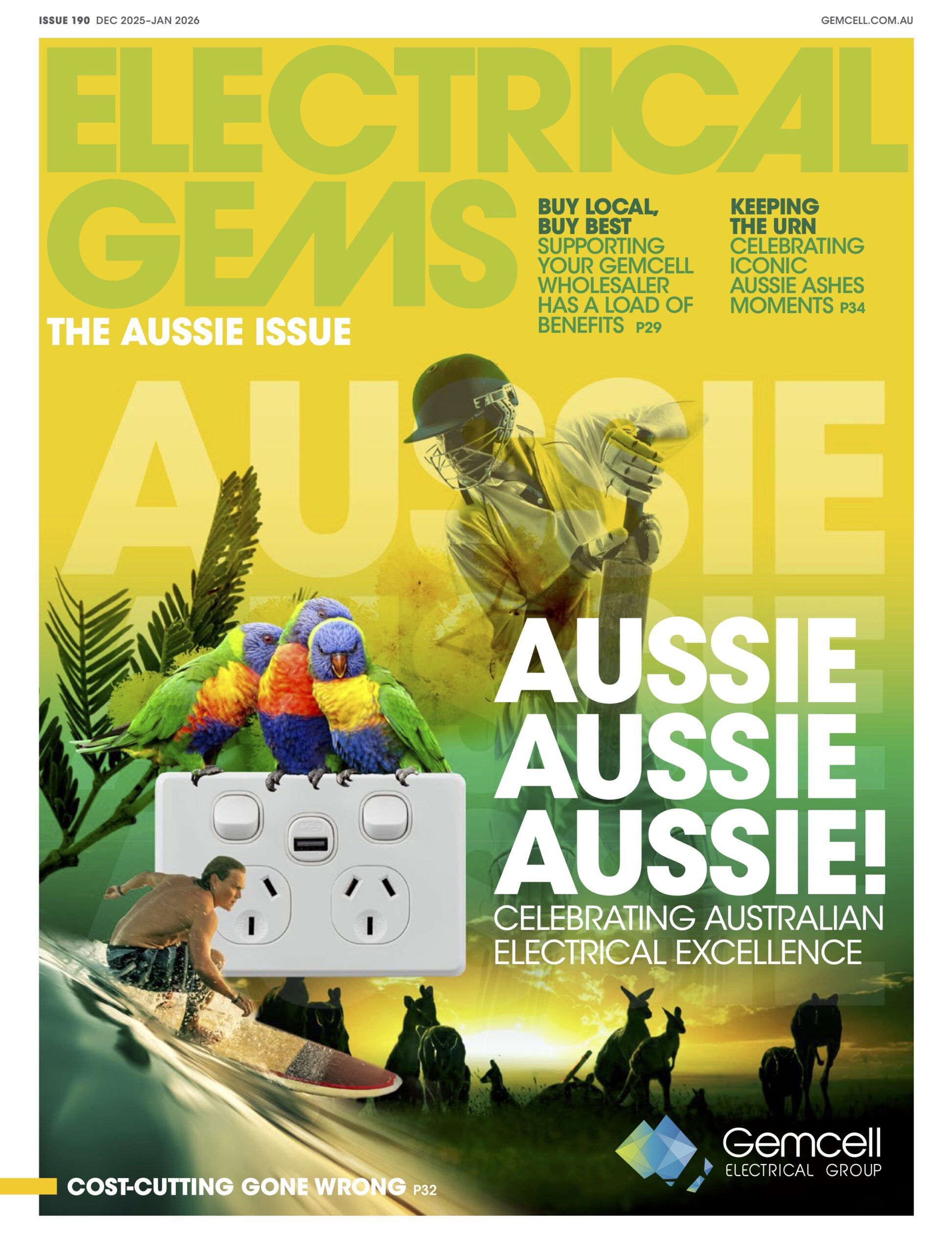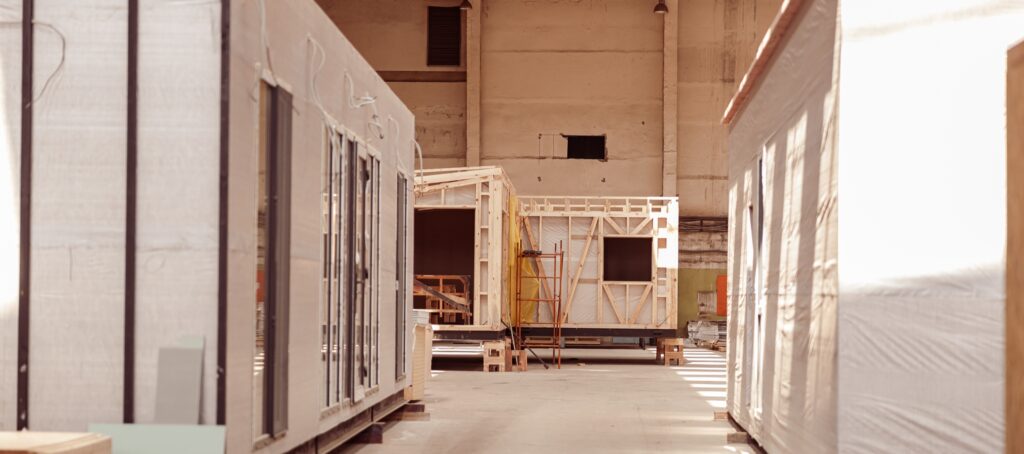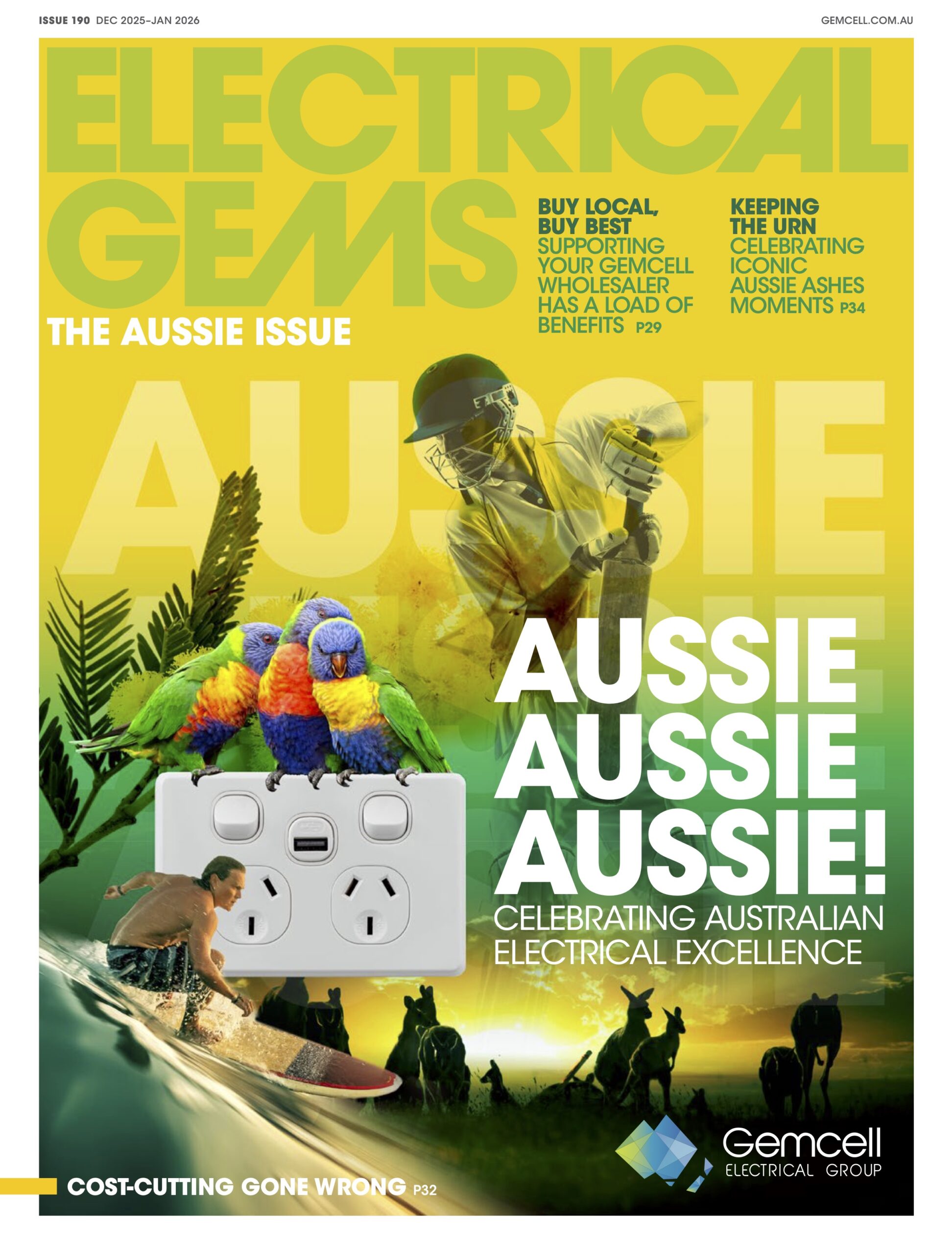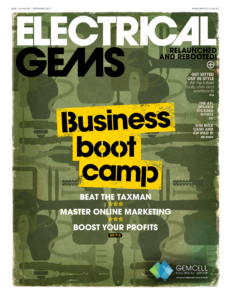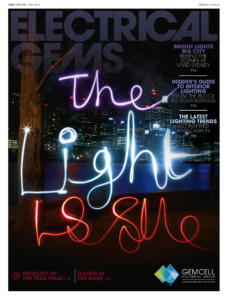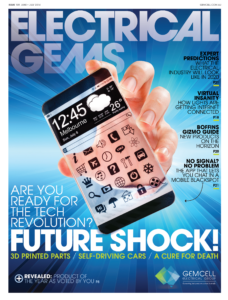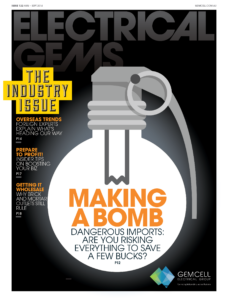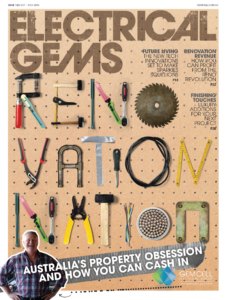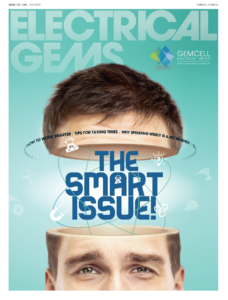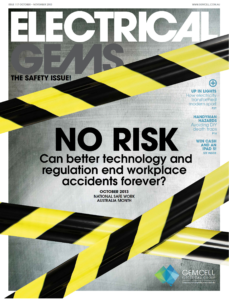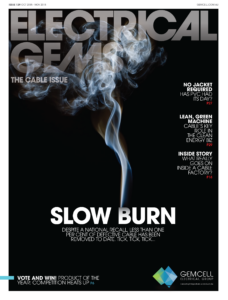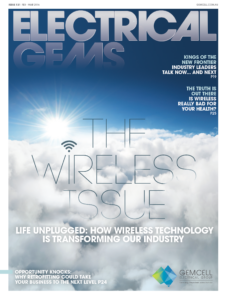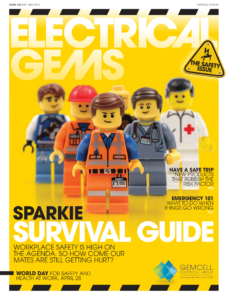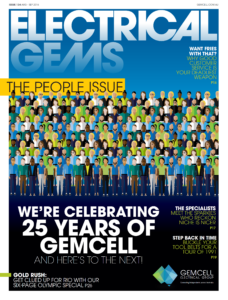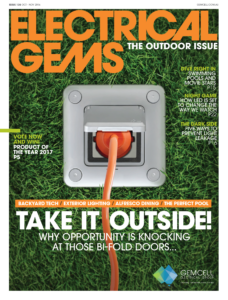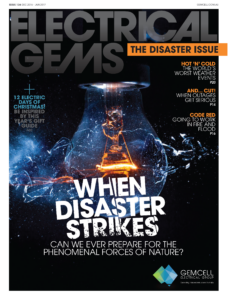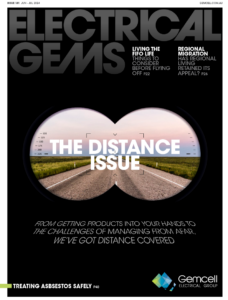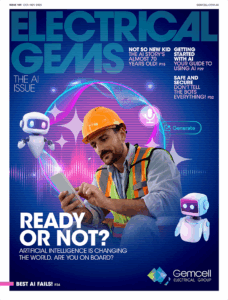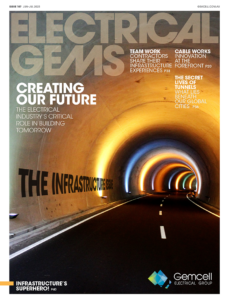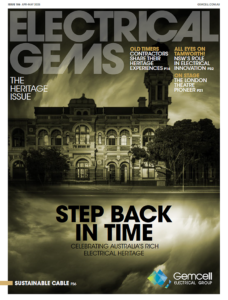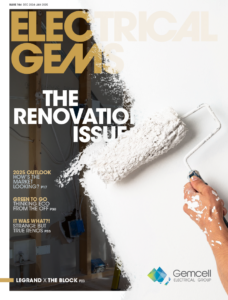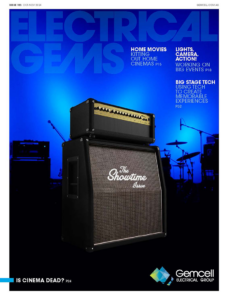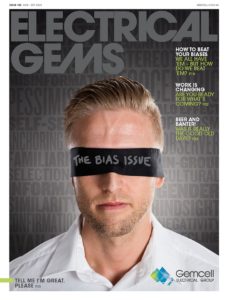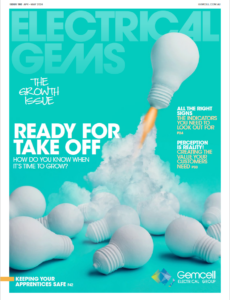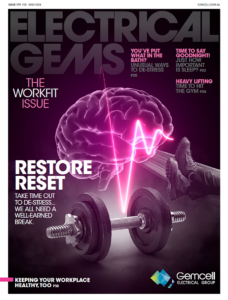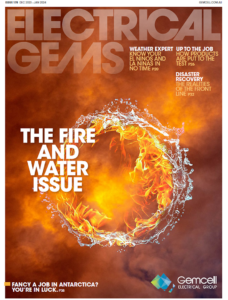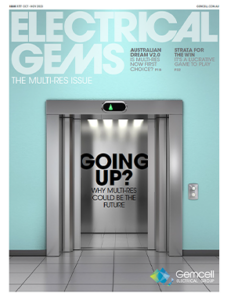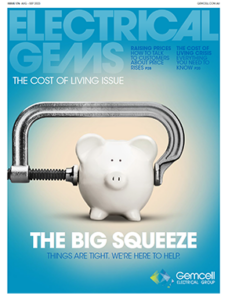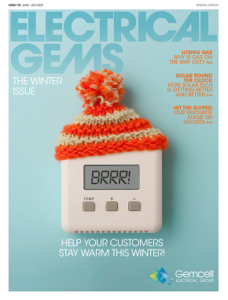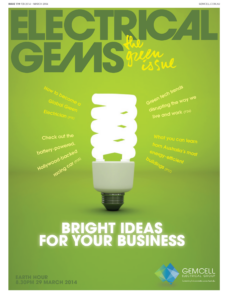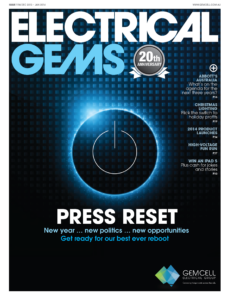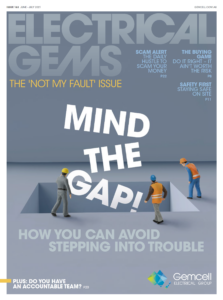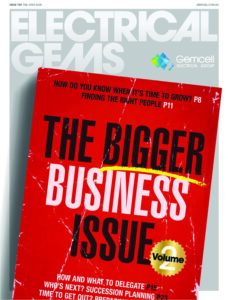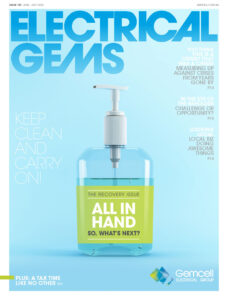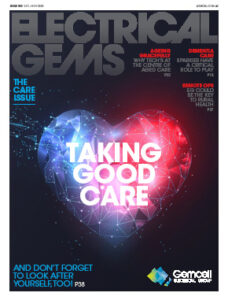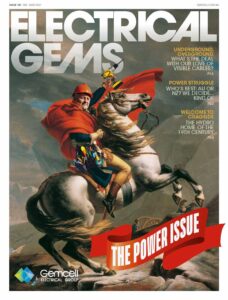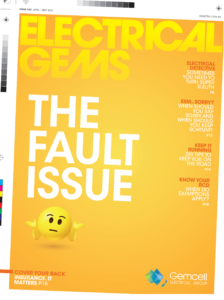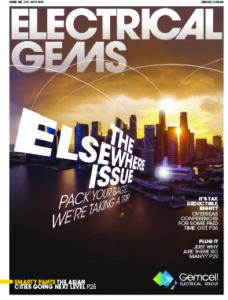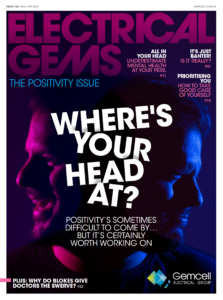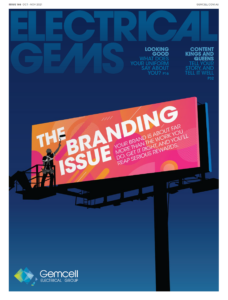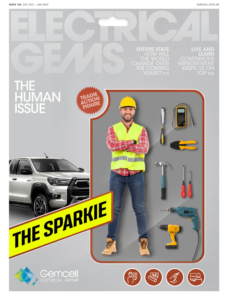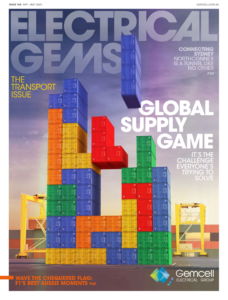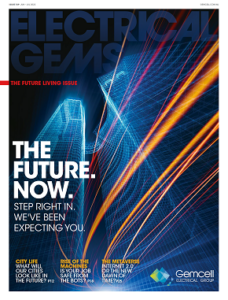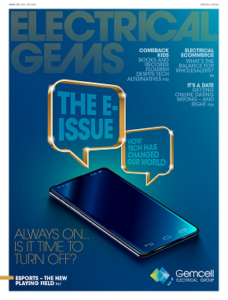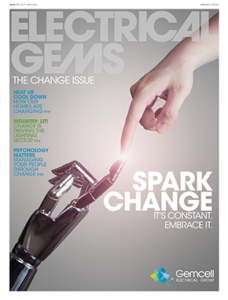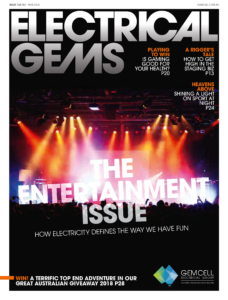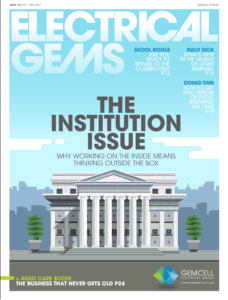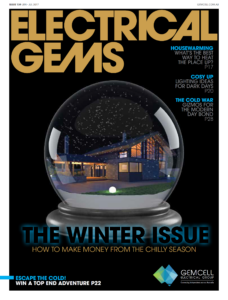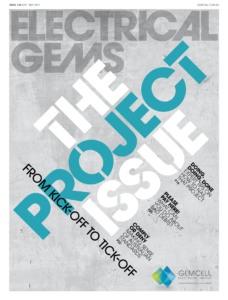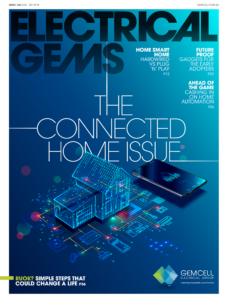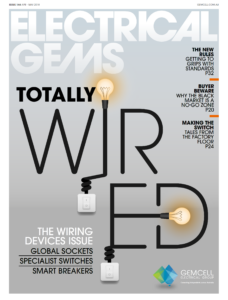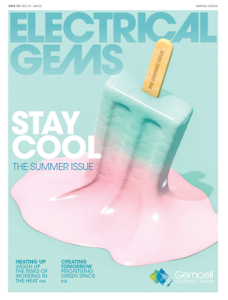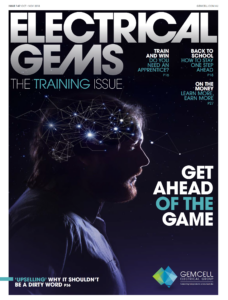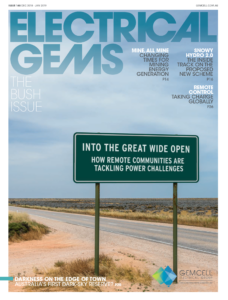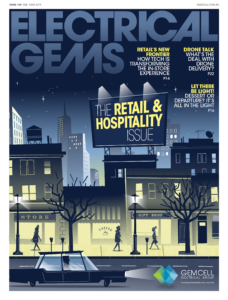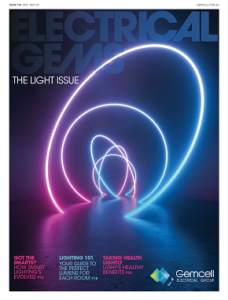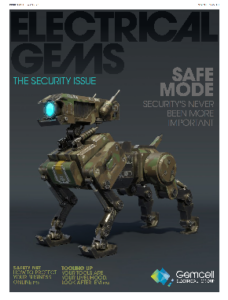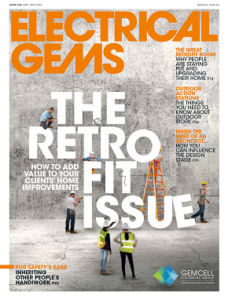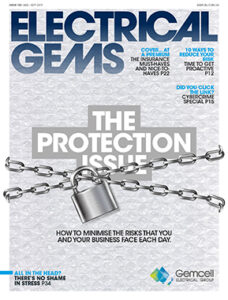As an electrical contractor, the chances are you’ve seen a lot when it comes to smart home tech. Because, while there’s been an awful lot of exceptional products out there, the reality has sometimes been hampered by connectivity. Especially when you want devices from different manufacturers to talk to each other.
All of that is about to change.
Matter is the new standard for smart home connectivity, and it’s a game changer for manufacturers, customers, and contractors.
How does Matter help smart home devices?
Matter is the universal language for smart home devices, meaning, regardless of the manufacturer, if a device carries a Matter logo, it’ll connect to any other Matter-certified device. Much like Bluetooth is a guarantee one Bluetooth device will talk to another, and USB-C is now a standard connector, Matter is set to be the smart home standard. sss
So what actually is Matter?
Matter is a unifying, open source, IP-based connectivity protocol, which has been built on proven technologies, helping to build and connect reliable and secure IoT ecosystems. It’s believed Matter is key to driving growth in smart home tech, and takes the guesswork out of purchases for consumers. It uses existing, familiar tech, including Bluetooth Low Energy for device setup, and Wi-Fi, Thread and Ethernet for connecting devices.
Who is behind Matter?
Matter is developed and maintained by the Connectivity Standards Alliance (CSA), and has the backing of all of the big brands out there – including Apple, Amazon, Google, IKEA, LG, and Samsung. Gemcell suppliers Legrand, Signifiy, Zimi by Trader, and Schneider are also members of Matter (we spoke to Zimi’s CEO Jordan Tentori about this recently). The reality is once those big names are on board the rest of the industry is comfortable following.
What type of devices are supported by Matter?
Devices supported by Matter include bridges, controllers, door locks, HVAC controls, lighting and electrical, media devices, safety and security sensors, and window coverings and shades.
Support for new device types is driven by members of the Connectivity Standards Alliance, with use cases currently being explored in ambient sensing, appliances, dynamic lighting, cameras, electric vehicle charging, energy management, home router and access point, robot vacuums, smoke and CO, TVs, and water management.
Are existing devices compatible with Matter?
Many existing smart home devices will become compatible with Matter via a software update.
How do I set up a Matter device?
Matter uses numeric and QR setup codes, as well as Bluetooth Low Energy, for set up. Some devices may support onboarding by NFC too. Setup can be kicked off from the device maker’s app, or your customer’s smart home platform, while some platforms and apps will automatically detect a new device and provide setup guidance.
Is Matter secure?
As you can imagine, given the big names involved in Matter, security is of paramount importance. The CSA has designed Matter’s security to be comprehensive and strong while also being easy for everyone involved. Each Matter device includes a unique identity, which means only the user’s authentic and certified devices can join the network. Data is encrypted to protect confidentiality, while fine-grained access control policies ensure each device can only perform the operations that it needs to perform.
Why Matter matters for electrical contractors
With Matter becoming more and more prevalent in smart home tech, it should make things an awful lot simpler.
Straightforward installations
With Matter, installation of smart home tech should become a lot more straight-forward. Matter-certified devices – regardless of manufacturer – are guaranteed to connect to each other. This means that those days of taking a deep breath and having to spend frustrating hours trying to get things connected should be over.
Reduced troubleshooting
How many calls have you had from people to tell you that things aren’t working, or a connection has dropped and they can’t figure out how to reconnect?
It’s little wonder many contractors bristle when they hear ‘smart home’. With Matter, that should be a thing of the past – a reliable connection should reduce tech glitches and, therefore, unhappy customers. That’s a big thing, because regardless of where the fault lies, if something doesn’t work after install, it reflects on you!
Great upsell opportunity
When you have confidence in a product you’re more likely to upsell it to a client. By exploring Matter and building a selection of Matter-certified products (from Gemcell suppliers, of course!), you can have ready-made smart home solutions to pitch to clients. The cost of installation should be lower, as you likely won’t need to spend as much time getting everything connected — and you can build a reputation as an expert in smart home tech.

